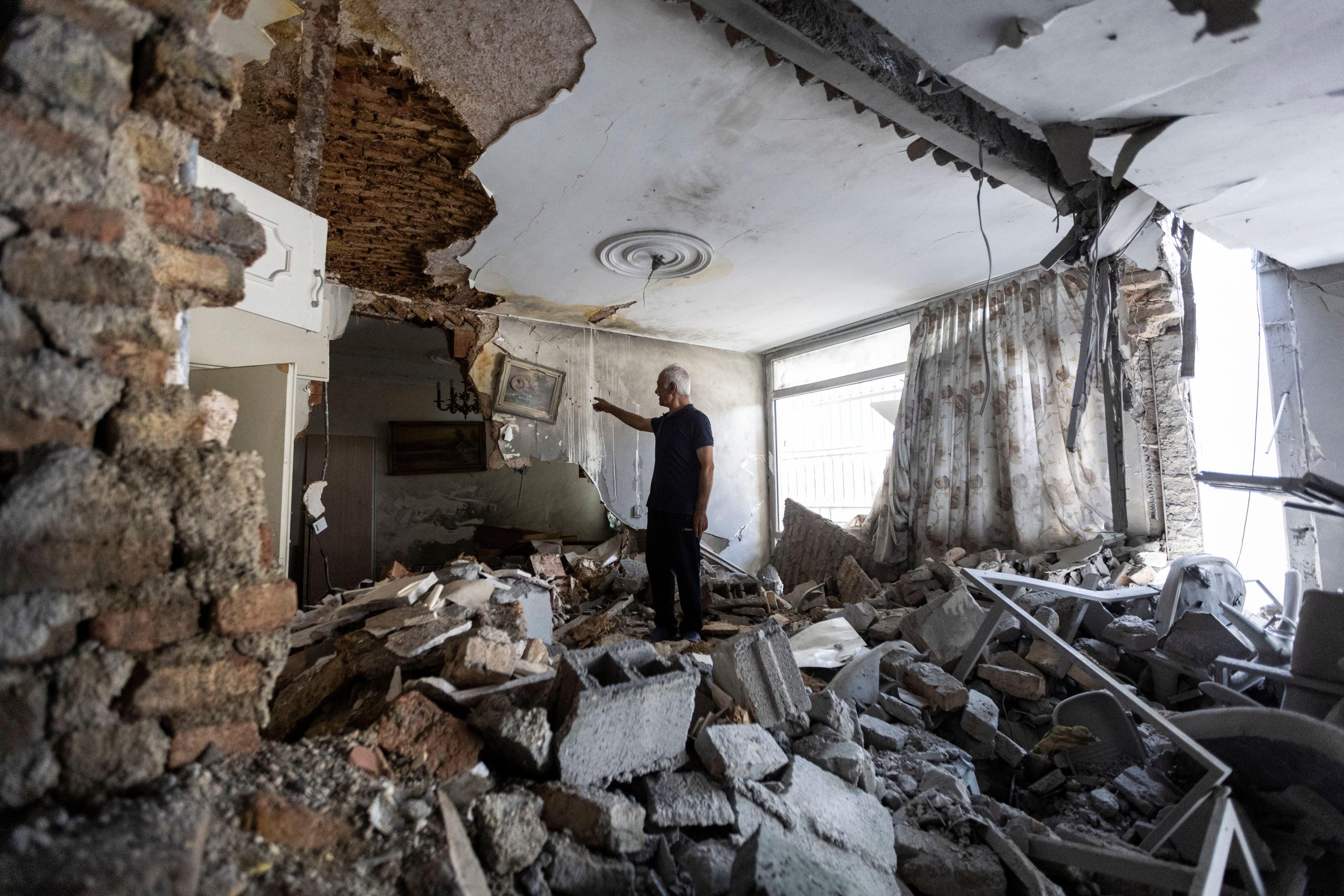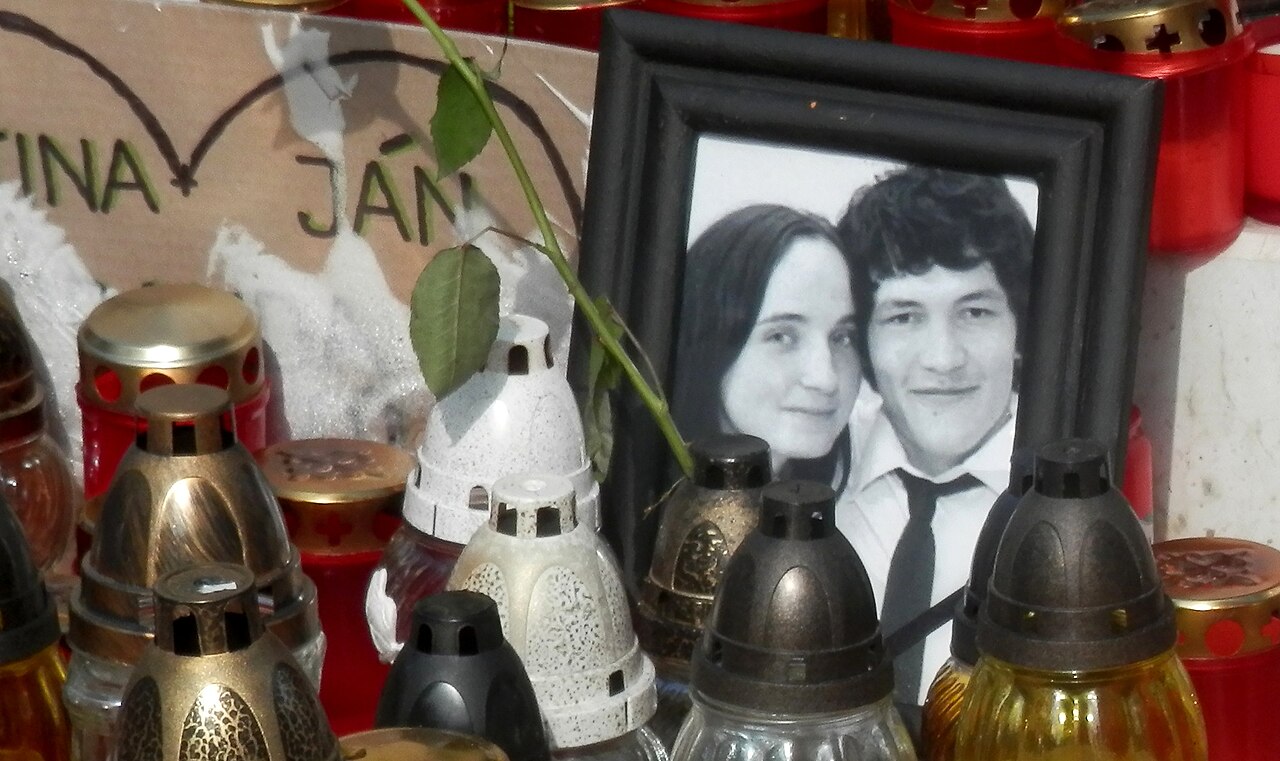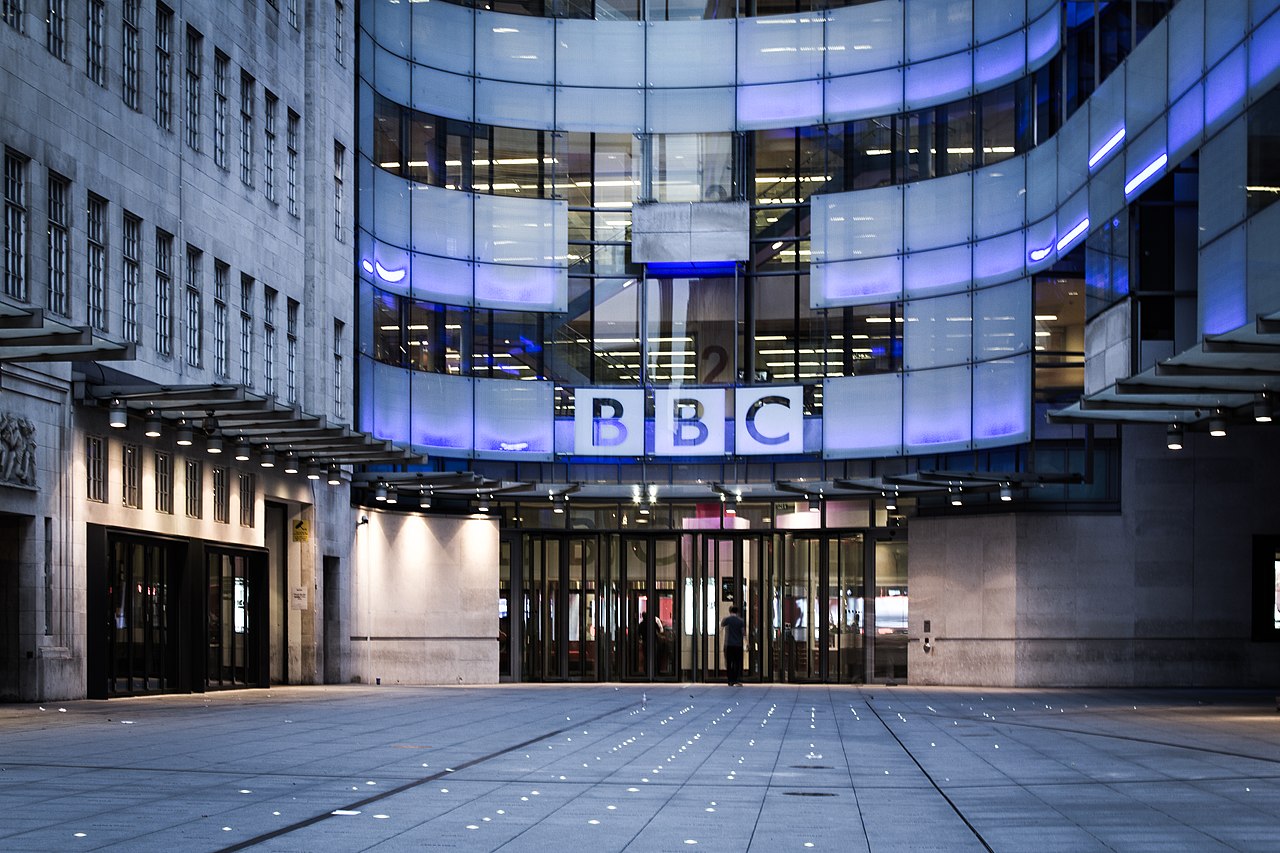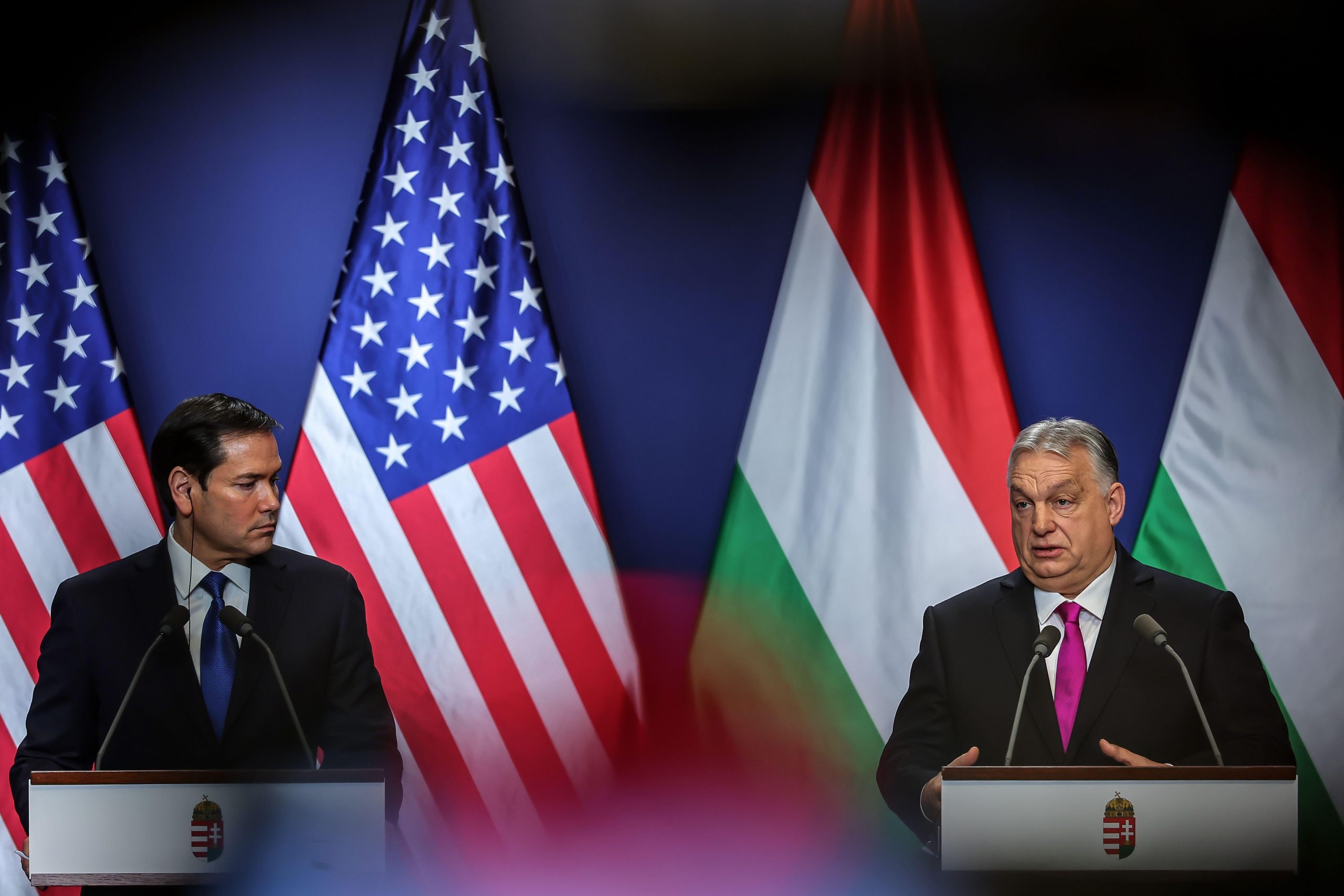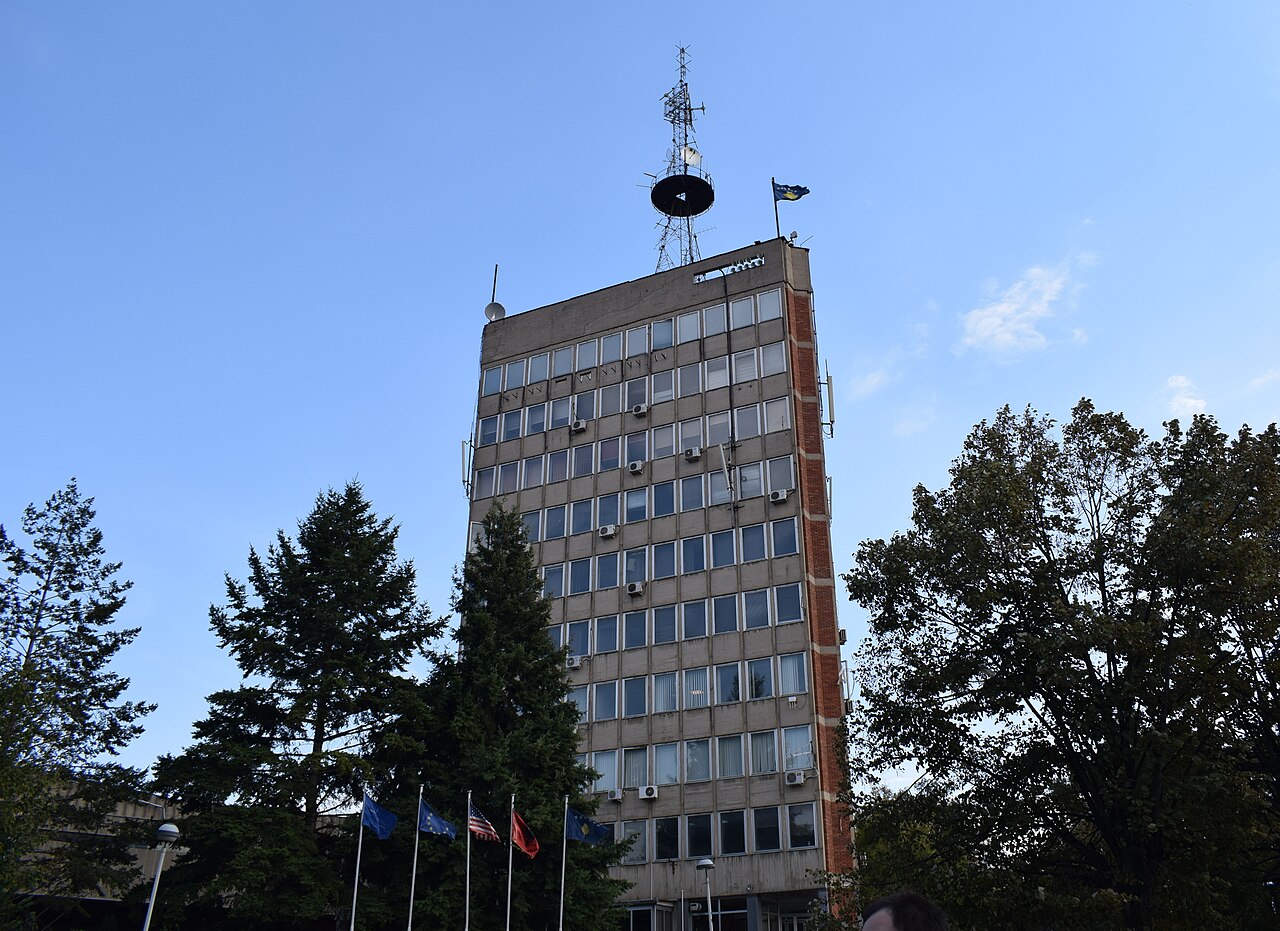Fatemeh Jamalpour: The cost of truth in Iran
When I was invited to co-write a story with an Israeli journalist, I asked myself: what could we possibly have in common? After 46 years of political hostility between the Islamic Republic and the State of Israel, it turned out we shared more than I expected. We are both inheritors of our countries’ proxy wars – and we both carry a shame that isn’t ours. It’s the shame of war-driven leaders, the shame of bombed hospitals and civilians buried beneath flags. Somehow, in that shared grief, shame became a point of connection.
Beyond the battlefield, we share something else: the impact of censorship and propaganda. Both governments declared the recent 12-day war – which left more than 930 people dead – a victory. But every civilian killed is not a victory; it’s a human life lost. In Iran, clerics have openly called for executions and mutilations of those who dare to criticise the Supreme Leader. Any dissent – even a tweet suggesting the Islamic Republic bears responsibility for the war – can lead to interrogation, summons or surveillance. In today’s Iran, truth has a cost – and more and more, that cost is freedom.
Starting on the fifth day of the Israel-Iran war, from 17-21 June, the Iranian regime imposed an almost complete internet shutdown, as reported by global internet monitor NetBlocks. Iranians were left not only without access to news but also without emergency alerts or evacuation warnings. The entire country was plunged into darkness – like a black hole – leaving defenceless civilians uncertain whether their neighbourhoods were in danger, or if they should flee.
Amid the chaos, parliament passed a law criminalising the use of Starlink internet.
“While they had cut off our internet – and during the war, I couldn’t get any news from my family and friends because both the internet and phone lines were down – I was sick with worry for every loved one,” said Leila, a 38-year-old woman from Shiraz. “And yet, when we try to access something that is our basic right, even after paying a hundred million tomans, we’re treated like criminals. These laws have no legitimacy.”
Meanwhile, the regime began targeting journalists’ families. Several relatives of reporters working with Persian-language outlets abroad, such as BBC Persian, were arrested, threatened, and labelled “enemies of God” – a charge that carries the risk of execution.
“I barely post on social media anymore because the space is under intense surveillance by security agents, and the pressure on journalists is suffocating,” said Raha Sham, 41, a parliamentary reporter in Tehran. “Many of my colleagues have received threatening phone calls. The tone is harsh, the intent clear: delete your tweets, your stories, your posts – or face the consequences.”
Iranians now face a new wave of repression in the aftermath of the war. Across cities, new checkpoints have sprung up where security forces stop civilians and search their phone photo galleries – often without a warrant. At the same time, parliament has passed new legislation effectively criminalising anti-war activism.
“Anti-war activism is a legitimate form of civic engagement, and criminalising it is both unjust and unlawful,” a human rights lawyer in Tehran who prefers to stay anonymous told me. “What disturbs me most about the post-war crackdown is that a spirit of vengeance has taken over the judiciary. Judges now seem to think their role is to avenge those who were killed. The mindset is: ‘Our commanders have died – someone must pay.'”
But the problem doesn’t end with the state. While we’re silenced by our government, we’re also erased by much of the Western media. For many editors, it’s always about numbers, not names. They want statistics, not stories. When Western journalists do gain access, they often report only from regime-approved rallies, while just a few streets away, anti-war protests and underground art scenes go unseen.
We’re rarely shown in full light. Middle Easterners remain blurred, devout, anonymous. After years of contributing to Western outlets, I’ve learned this isn’t an accident. It’s not just regime control. It’s also the residue of a colonial gaze – still shaping coverage in 2025.
David Schutz: Control of the press in Israel
In Israel, I was under missile fire too. While everyone else huddled in shelters, glued to the news, I stood on my roof watching what looked like fireworks. But if you Google “Iranian missile hit Tel Aviv Stock Exchange” in Hebrew, you’ll find nothing – you have to know where to look to piece together the truth.
Israel’s media has always been tightly controlled: military censors, a three-second delay on live broadcasts – a well-known fact that has been confirmed by inside sources. Today it’s slicker but more repressive than ever as global opposition to Israeli policies grows. The Israeli Journalists Association said recent moves by the government “seek to eliminate free media in Israel”. But it’s worth asking whether the press here was ever truly free.
Even before 7 October 2023, it operated under a mesh of dependent commercial interests and state funding with the military and government in what journalist Oren Persico from The Seventh Eye, an independent investigative magazine focused on the media in Israel, described as a “symbiotic relationship”.
After the election of the current government in 2022, bills have been brought forward that weaken public broadcasting, including proposals to give the government increased control of the public broadcaster’s budget – effectively letting the government starve it of funds should coverage stray too far.
“Very often, journalists effectively act as representatives for the institutions they cover: legal affairs reporters serve the prosecution and the judicial system, economic reporters serve the Finance Ministry, and military reporters naturally represent the positions of the IDF [Israel Defense Forces],” Persico said.
My friend Sapir runs a WhatsApp group called Demanding Full Coverage for Gaza.
“Almost nothing about Gaza’s humanitarian catastrophe gets through to the Israeli public. Not because the information doesn’t exist, but because editors don’t cover it – and when they do, briefly, the military and government have a well-honed strategy to muddy the waters,” she said.
When Haaretz reported at the end of June that Israeli soldiers had been ordered to fire on civilians at an aid centre, counter-reports appeared almost immediately in multiple outlets – often repeating the same phrasing, the same anonymous interview – claiming “Hamas gunmen” had fired on crowds. The effect was the same: to muddy the story and deny a pattern of conduct.
“The goal is to flood the market with information so people think there’s no way to know what’s true anymore, to make them give up looking,” Sapir said.
Andrey X, an independent Israeli journalist, explained that all security-related stories must legally be cleared by military censors before publication. This can be justified on security grounds in some cases but critics argue it adds a significant challenge to media freedom. In practice, most outlets ignore this – until the government decides to enforce it retroactively, as in the case of American journalist Jeremy Loffredo, who was detained for four days and threatened with jail time over his reporting for The Grayzone, showing the locations of the military targets of Iranian missiles.
Footage of Israeli vehicles and homes hit by Israeli Hellfire missiles and tank shells on October 7 were labelled “Hamas attacks”. A government spokesman admitted 200 Hamas fighters were misidentified as civilians.
Twenty months later, Gaza is a demolished wasteland of dust and decay. The military releases sparse reports of “accidents”, just enough to recast outrage as tragic inevitability rather than accountability, enabling ongoing abuses without meaningful scrutiny.
Cable news will mention that the army had “begun food distribution”, but in such vague, antiseptic terms that few readers realise this means just a handful of stations, a framing that distorts what is actually happening and why.
Softer repression is often more powerful. Journalists fear being fired or defunded for not toeing the military spokesman’s line. Many fear public backlash even more: boycotts, pulled advertising and social media campaigns branding them traitors. Mildly subversive correspondents have faced on-air abuse – often in deeply personal terms – from their colleagues, as detailed by Persico when he spoke with me.
For Palestinian journalists, the dangers are greater still. Reporting on police or military abuses can end careers or worse. Even inside Israel, Arab reporters face social hostility, public threats and constant suspicion about their loyalty. The same event, covered by an Israeli and a Palestinian journalist, carries different risks, but that gap is always narrowing.
Each day, more people choose to shed the ideological masks their states have forced upon them in ’48 Palestine, Israel and Iran. Despite relentless propaganda and censorship, the number continues to grow. The future of our countries will not belong to war-hungry leaders – it is being shaped from the ground up, in the streets and in the digital space. In this age, every post, every story, every tweet by ordinary citizens is a quiet act of resistance – a revolution in itself.
This piece is published in collaboration with Egab, an organisation working with journalists across the Middle East and Africa

